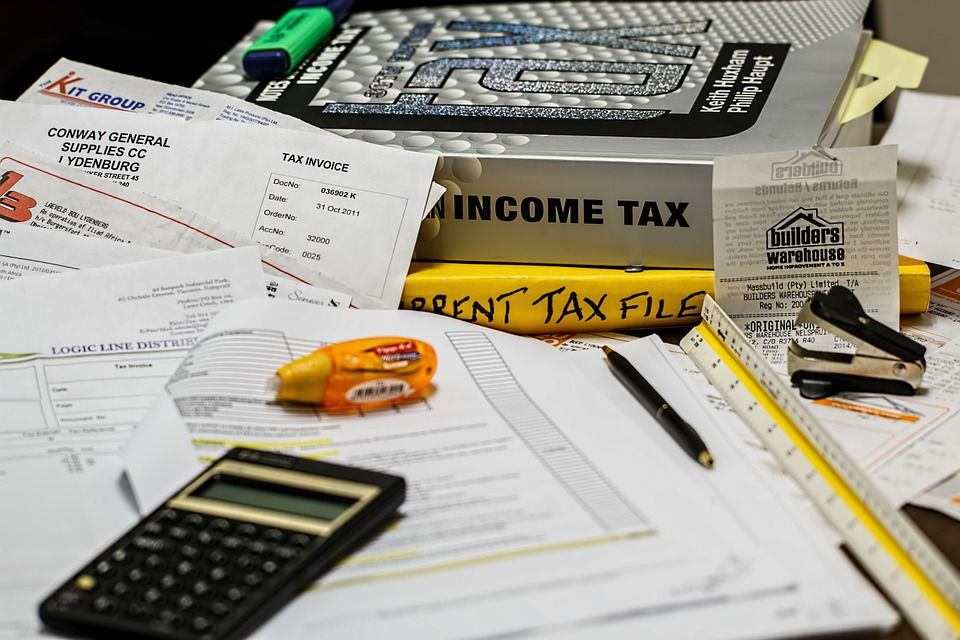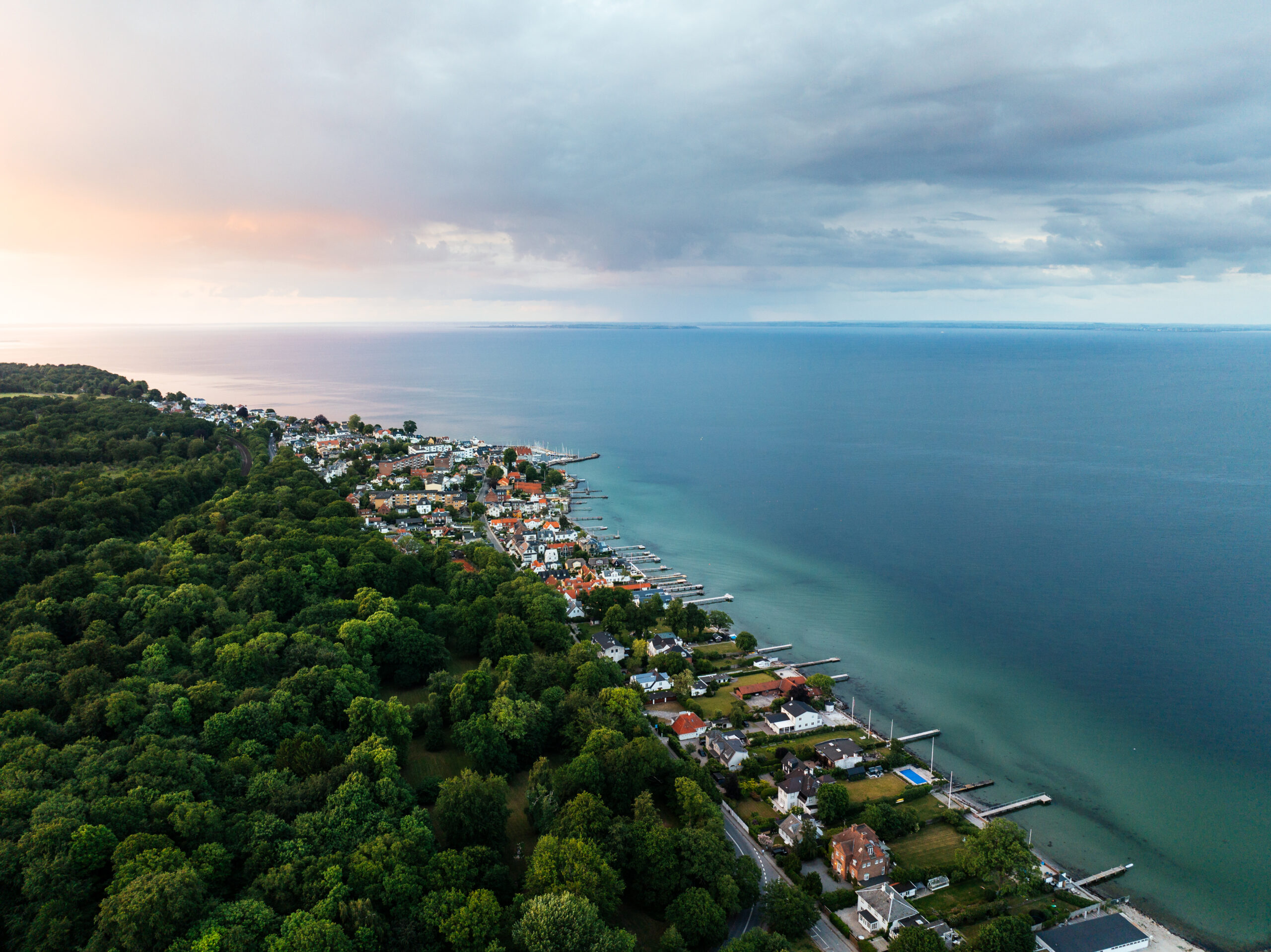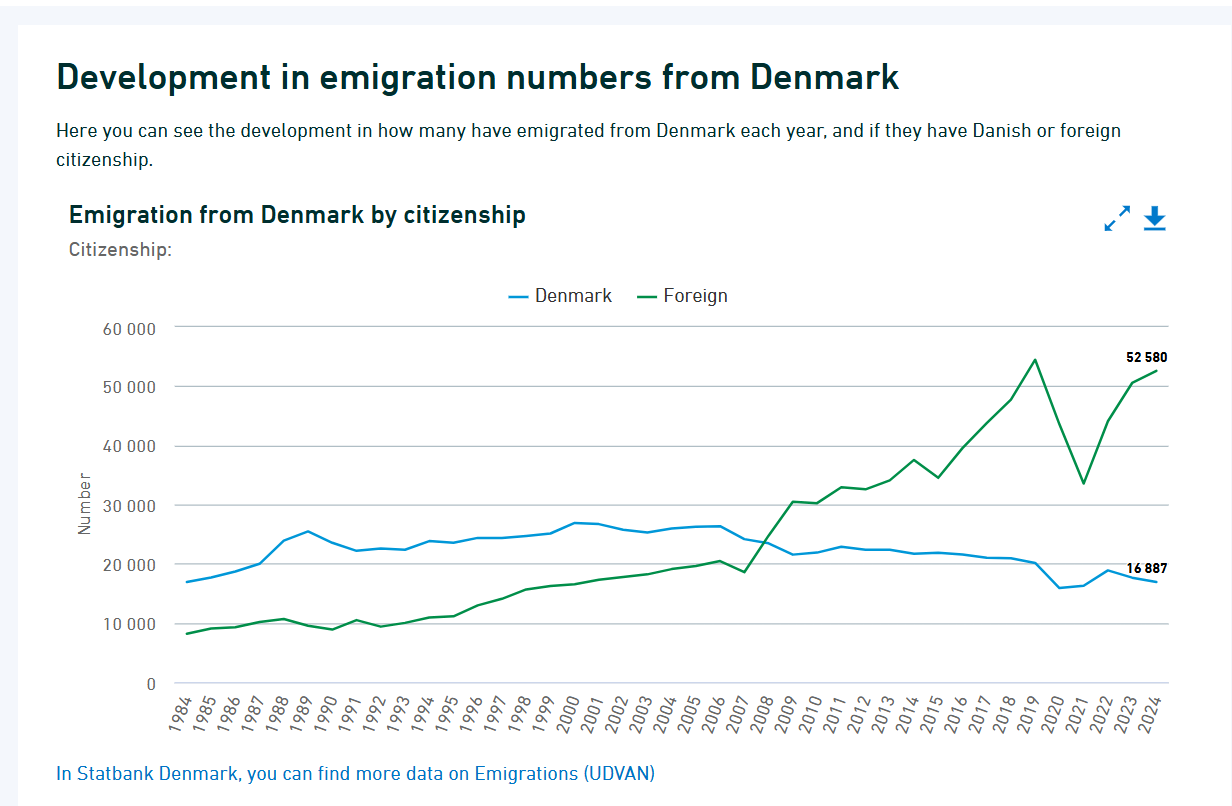Skattestyrelsen, the Danish tax agency, has said in a press release that it is still missing 40,000 financial reporting forms from companies in Denmark.
The deadline, now tomorrow, was postponed following operational problems last week at Nets – the company behind national services like Dankort and NemID. According to the agency, these problems have been resolved, but many companies have failed to take advantage.
“There is plenty of capacity right now, but there are few companies logged in to TastSelv, and we have only received a few digital information forms. There is capacity to receive many more,” said Kenneth Joensen, the corporate tax director at Skattestyrelsen, in the press release.
Fines likely to be handed out
If a company does not submit the required information to Skattestyrelsen before the new July 7 deadline, it will be charged a tax surcharge for each day the information is delayed.
The tax surcharge amounts to 200 kroner per day and a maximum of 5,000 kroner.
“It will be a pity if the companies do not take advantage of the days that the extension of the information deadline has provided,” said Joensen. “We are hardly likely to postpone the deadline again.”
Turning the clock in Greenland
The Greenlandic government has proposed changing its time zone from UTC -3 to UTC -2. If the proposal is passed, Greenland will move one hour closer to its eastern neighbours, including Denmark, the Faroe Islands and Britain. The proposal comes after an agreement made in March between the Greenlandic and Danish governments, which gave Greenland the green light to choose its own time zone. Should it switch to UTC -2, Greenland would be three hours behind Denmark.
Listeria detected in sausage products
Danish Crown Foods is recalling a batch of its ‘Tulip delicious sausage rolls’, as listeria has been detected in the product. Infection with listeria bacteria can cause flu-like symptoms, including fever and headaches, and gastrointestinal problems. In May, a listeria outbreak claimed the lives of three Danes. Fødevarestyrelsen, the Danish veterinary and food administration, advises consumers to deliver the product back to the store where it was purchased or to discard it.
Fewer Danes seeking additional education
In the autumn of 2021, 23,000 young people in Denmark had not received any further education in the five years following their graduation from secondary school – an increase of 8,000 from 2014. According to Arbejderbevægelsens Erhvervsrådt, the think-tank behind the findings: “We risk being left with a growing group of new, young unskilled workers if the young students are not helped along the way.”
Road accidents at an all-time low
The number of people killed or injured in roadway accidents has dropped to its lowest level since records began in the early 1930s, reports Danmarks Statistik. However, according to the agency: “the historically low level must be seen in connection with the fact that traffic in periods through 2021 has been reduced due to the COVID-19 restrictions.”
It’s Christmas in July for Central Jutland cookie company
The Kelsen Group, a cookie company based in Central Jutland, is already prepping Christmas cookies for delivery to the United States. The company is trying to avoid a repeat of last year, when 5 percent of Christmas cookies arrived after the holiday had passed. In all, 2,000 tonnes of Christmas cookies must be produced before the employees go on there summer holiday in a few weeks’ time.
Carlsberg introduces eco-conscious beer
This summer, customers in eight European countries will have the opportunity to try Carlsberg’s first ‘climate-friendly beer’. In addition to Denmark, the beer will be available in Finland, Norway, Sweden, France, Germany, Poland and the United Kingdom. The beer comes in a plant-based bottle that Carlsberg says emits less carbon dioxide during the production process than a disposable glass bottle. The beer itself is brewed with organic barley malt and grown with a sustainable, regenerative cultivation method.


















